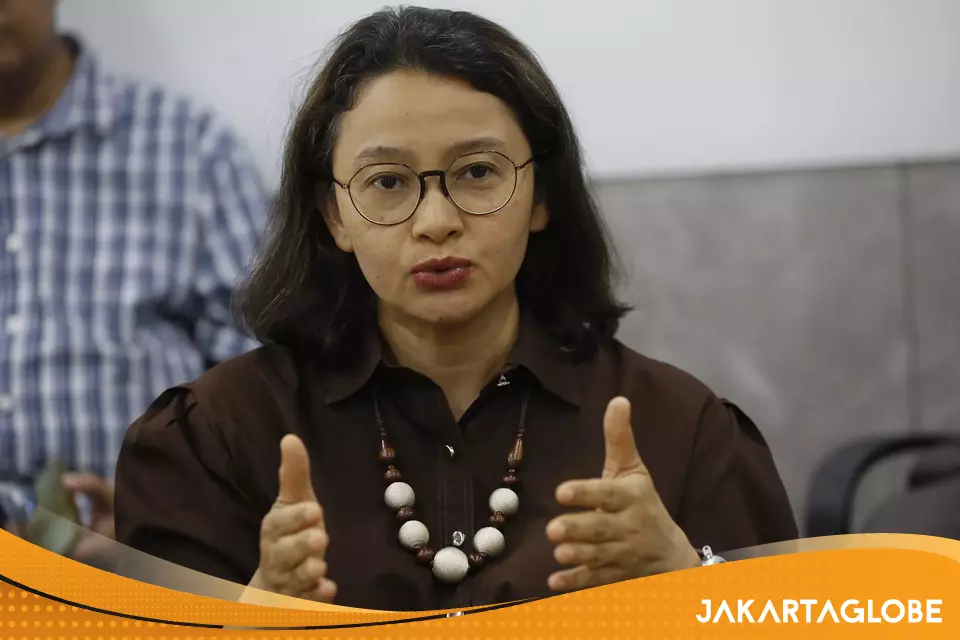Frequent Curriculum Changes Create Stress for Indonesian Students
Jakarta – A recent focus group discussion revealed that Indonesia’s rapidly shifting educational curriculum is causing significant stress and confusion among students. Child psychologist Vera Itabiliana emphasized the negative impact frequent changes, often linked to new government leadership, have on both teachers and students alike.
During the discussion, held at the B-Universe Media Holdings office in Pantai Indah Kapuk 2, Vera stated, "When teachers are overwhelmed, that stress is transferred to the students.” This observation highlights a critical issue within the Indonesian national education system, which faces ongoing challenges in adapting to evolving teaching requirements.
The Need for a Consistent Curriculum
While Vera acknowledges the necessity for a dynamic curriculum that can respond to changing educational needs, she strongly advocates for a stable central theme to guide the system. “The curriculum should serve as a broader umbrella for the entire education system. While changes are necessary, the fundamental theme should remain the same,” she explained.
Vera’s call for stability comes against the backdrop of Indonesia’s struggle with foundational educational issues such as literacy and numeracy. Unlike many systems worldwide, the introduction of these essential skills in Indonesia often misaligns with children’s developmental capabilities.
“Psychological research suggests that basic literacy and numeracy skills should be introduced at the age of five or six,” she noted. “However, in Indonesia, children are often pressured to learn these skills much earlier,” highlighting a systemic expectation that incoming elementary students will already possess these foundational abilities. This dynamic creates undue pressure on parents to push their children to achieve milestones prematurely.
Psychological Development and Learning
Vera’s insights emphasize the importance of aligning educational expectations with children’s psychological development. The pressure to meet performance standards before students are developmentally ready can lead to long-lasting negative effects.
In her expert analysis, she stated, “This happens because elementary schools expect incoming students to already possess literacy and numeracy skills, prompting parents to push for earlier learning.” Such a cycle, while well-intended, may deviate from recommended practices that advocate for a more child-paced learning approach.
Expert Insights on Educational Challenges
The discussion featured additional perspectives from prominent figures in the education sector, including education expert Darmaningtyas and Dadi Ardiansyah, the Jakarta branch representative of the Indonesian Teachers’ Association (PGRI). These experts echoed Vera’s sentiments on the need for a curriculum that aligns more closely with the psychological readiness of children, ultimately paving the way for a more effective and less stressful educational journey.
Enggartiasto Lukita, Executive Chairman of B-Universe, underscored the crucial role of informed dialogue in addressing these persistent challenges. “Engaging with various stakeholders in education is essential to foster an environment conducive to both teaching and learning,” he stated.
Implications for the Future
As Indonesia navigates the complexities of its educational landscape, the pressing need for a recalibrated curriculum that prioritizes psychological development remains clear. A curriculum that maintains consistency while addressing growth and change can help alleviate the pressures faced by both educators and students.
This conversation is not merely about education; it touches upon the broader implications of how young minds are nurtured and developed within the system. A harmonious balance is necessary—one that recognizes the importance of change without sacrificing stability.
As educators, parents, and policymakers reflect on these insights, the hope is to foster a learning environment that enables students to thrive without the detrimental stress imposed by rapid educational shifts. The challenge ahead involves crafting a coherent educational framework that is flexible yet centered around the consistent themes critical to successful learning.
What are your thoughts on the impact of educational curriculum changes in Indonesia? How do you believe we can better support our educators and students in these evolving times? Share your insights with us in the comments below!
For more information on educational strategies and developments, explore these resources from authoritative sources: TechCrunch, The Verge, and Wired.
Tags: Indonesian Education, Curriculum Changes, Child Psychology, Literacy, Numeracy, Child Development
Keywords: Indonesian education system, curriculum changes, child psychology, literacy skills, numeracy skills

